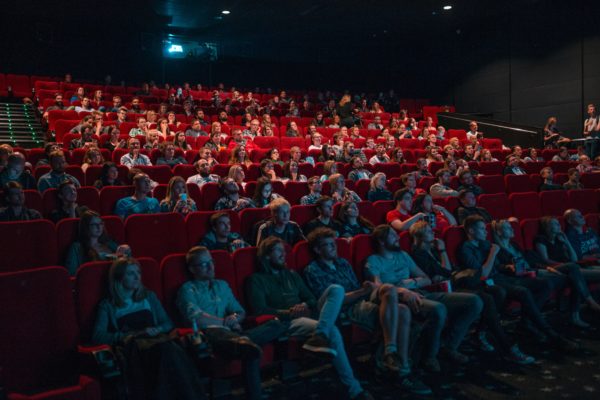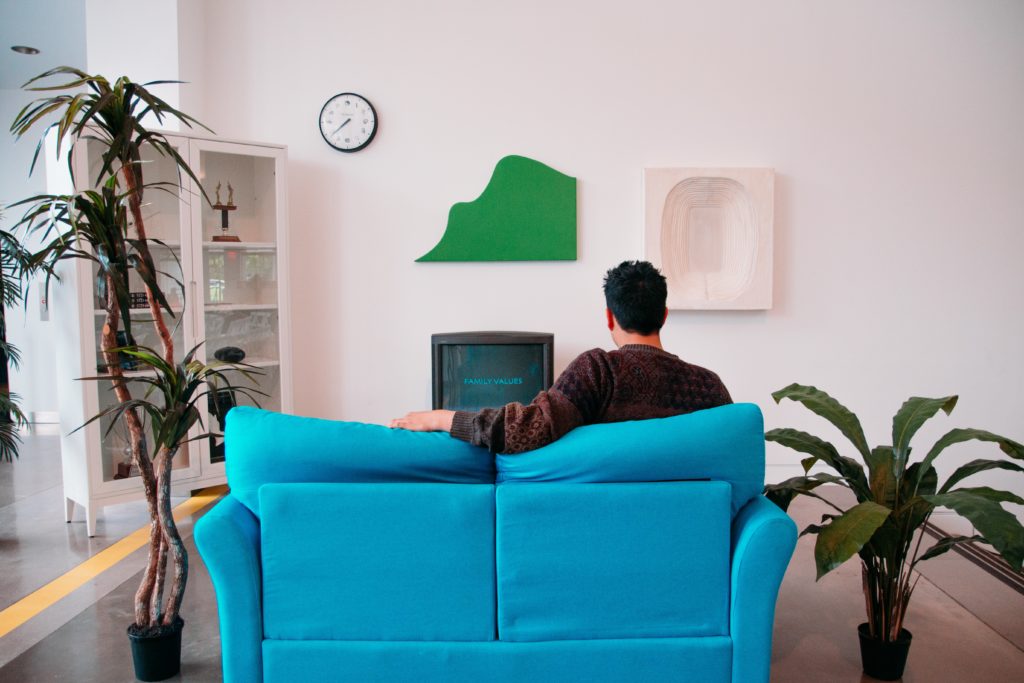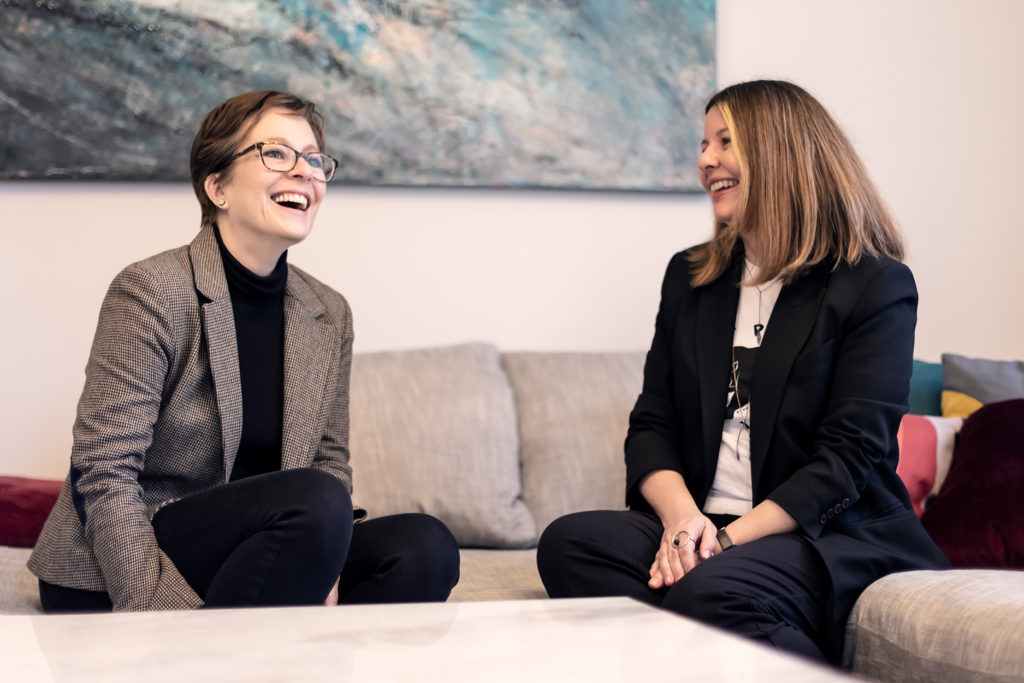
In September, U.K. exhibition veterans Kate Gerova and Mandy Kean hitched their proverbial wagons together to form Mustard Studio, a consulting business catering to independent theater owners. The venture is particularly applicable to the current moment, with many exhibitors looking to establish a stronger foundation in anticipation of reopening.
In conceptualizing their services, Kean and Gerova developed what they now call the “three pillars”: Brand (creative, design direction, brand identity, operations, hospitality, digital journey, marketing, technical expertise); Loyalty (strategies to develop membership and loyalty programs) and Leadership (cultural/organizational/business health, training/mentoring, sustainability and diversity).
“It’s about, ‘How do I future proof my business a bit more?’” says Kean. “We’re looking at different ways that a cinema might [do that]. How it uses its [physical] space differently, what does it do in digital, how does it build loyalty in the community. All kinds of different initiatives that can give it a bit more solidity.”
In a recent conversation with Boxoffice Pro, Kean and Gerova offered a few key tips for independent theater owners looking to shore up their businesses beyond the pandemic.

Tip #1: Put yourself in the customer’s place.
“If you experience your operation physically and digitally as the customer, then it’s quite obvious where the holes are,” says Kean.
In so doing, Kean suggests viewing every aspect of the operation from the viewpoint of the moviegoer, from the quality of the projection to the ticketing experience to the physical space itself.
“I think there’s too many times where people don’t think… about how their customers are actually going to use their space,” Kean adds. “You want your customer to go away with having had a lasting experience, so each step of the way has to be perfect.” Or, at least, as perfect as you can make it.

Tip #2: Take a hard look at your data.
Unless a theater handles only cash sales—an exceedingly rare stance in the modern era—there’s a wealth of data at a theater owner’s fingertips. But too often, say Gerova and Kean, that data goes unanalyzed.
“Owner-operators, they’re usually fighting fire daily, and so they don’t have time to step back and look at analytics and data,” Gerova points out. But with the majority of theaters in both the U.K. and the U.S. still shuttered, she says the time is ripe to consider how best to leverage that information.
“It’s a perfect opportunity to clean up the mailing list and do some analysis,” Gerova continues. “Is your analytics working well? What do your spreadsheets show? Who are your customers? Where are they? When was the last time they engaged? How did they engage? How many members have you got? How often are they coming?”
By so doing, theaters can develop a curated experience for customers that more closely targets their unique interests—be it through newsletters, membership and loyalty programs, or other initiatives.
“The smaller boutique independent cinema circuits or independent venues can obviously be a lot more curated with their offer, and that is where the data and the analysis comes in,” Gerova adds. “That’s how you build that sense of community.”
On the community front, Gerova observes that independent theaters already have an advantage over corporate multiplexes. “I think that people love having a cinema in their community… and people don’t want to lose that,” she adds. “They find a way to support that and be loyal, but the cinema also has to come up with initiatives of ways for that to happen.”

Tip #3: Embrace at-home cinema.
In the digital age, options to view movies at home continue to expand at a rapid pace—and fighting that, in Gerova’s estimation, is a mistake.
“My experience, because I’ve worked across cinema and home cinema platforms for Curzon [Entertainment], is that film begets film,” says Gerova. “If you love film, you love it on digital and you love it in the cinema.”
Instead of viewing at-home cinema as the enemy, in other words, theater owners should figure out ways to integrate that experience into their business models, whether through “virtual cinema” initiatives or finding cross-promotional opportunities with digital services.
“We should all have the choice as consumers…you might not want to kind of schlep out for the night or pay a babysitter because you’re not sure about the film—it’s perhaps a more obscure film or whatever,” says Gerova. “I’d rather that someone saw that obscure film digitally than choose just not to see the film… because we’re talking about film lovers as well as cinema experiences.”
More information on Mustard Studio can be found at the company’s official website.



Share this post